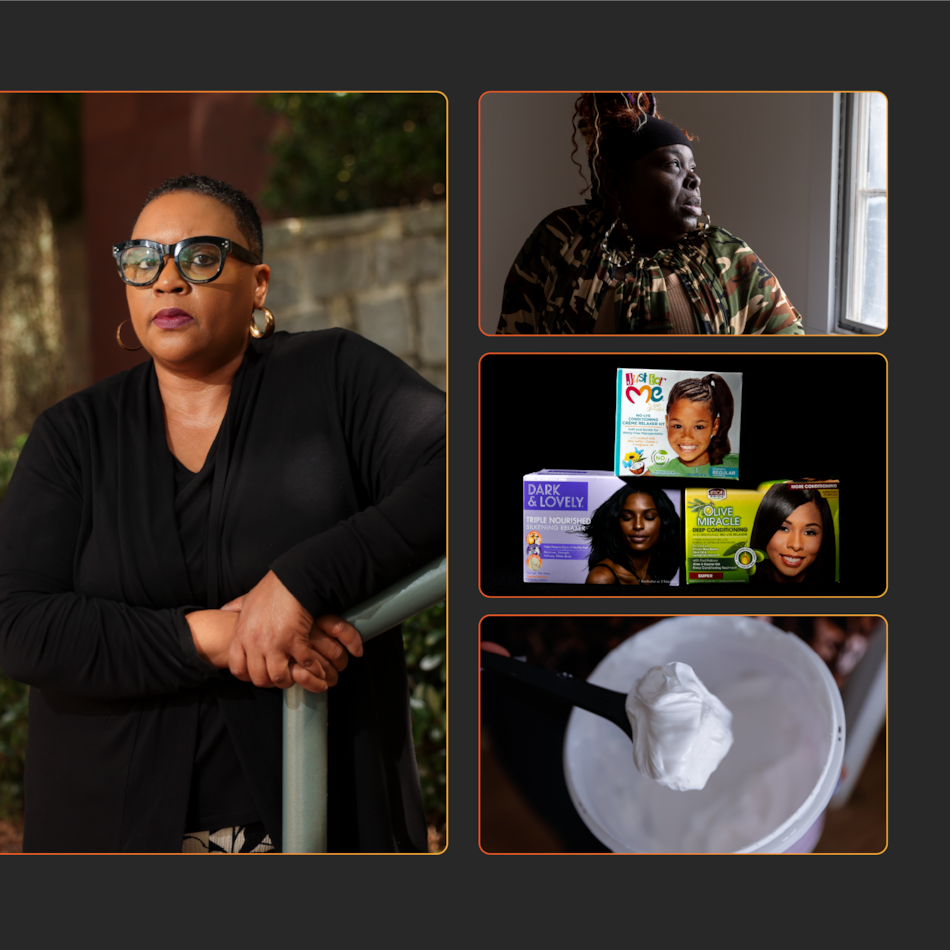LA PAZ, Bolivia (AP) — Bolivians were headed for an unprecedented runoff presidential election following a vote Sunday in which a dark horse centrist, Sen. Rodrigo Paz, drew more votes than the right-wing front-runners, although not enough to secure an outright victory, according to early results.
Paz, a former mayor who has sought to soften the edges of the opposition’s push for tough austerity to rescue Bolivia from economic collapse, will face off on Oct. 19 against right-wing former President Jorge “Tuto” Quiroga, who finished second.
With over 91% of the ballots counted Sunday, Paz received 32.8% of the votes cast. Quiroga secured 26.4%. Candidates needed to surpass 50%, or 40% with a 10-point margin of victory, to avoid a runoff.
The results delivered a major blow to the Andean nation’s Movement Toward Socialism, or MAS, party after almost 20 years of dominance. The party's founder, charismatic ex-President Evo Morales, rose to power as part of the “pink tide” of leftist leaders that swept into office across Latin America during the commodities boom of the early 2000s.
The official MAS candidate, Eduardo del Castillo, finished sixth with just 3.2% of the vote. The other leftist candidate who ran for a faction of the now-splintered party, 36-year-old Senate president Andrónico Rodríguez, captured just 8% of the vote.
The lead for Paz came as a shock to a nation that had been conditioned by weeks of opinion polls to expect that the leading right-wing contenders, Quiroga as well as multimillionaire businessman Samuel Doria Medina, would capture the top two spots in the election.
This marks Doria Medina's fourth failed presidential bid. He told grim-faced supporters on Sunday that he had “no regrets.”
“I wanted to serve Bolivia as president, and it hasn’t been possible,” he said.
The elevation of the more moderate Paz apparently reflects Bolivian ambivalence about a wholesale political flip to the same right-wing establishment that Morales swept aside when he stormed to office in 2006, famously declaring an end to Bolivia’s 20-year experiment with free-market capitalism.
Paz has tried to distance himself from Morales’ now-shattered MAS party, which has failed to halt an economic tailspin.
He has also criticized right-wing pledges to sell Bolivia’s abundant lithium reserves to foreign companies and turn to the International Monetary Fund for billions of dollars of loans.
At stake is the direction this landlocked nation of 12 million people will take as it grapples with a dire shortage of fuel, double-digit inflation and a scarcity of U.S. dollars.
The Latest
Featured


